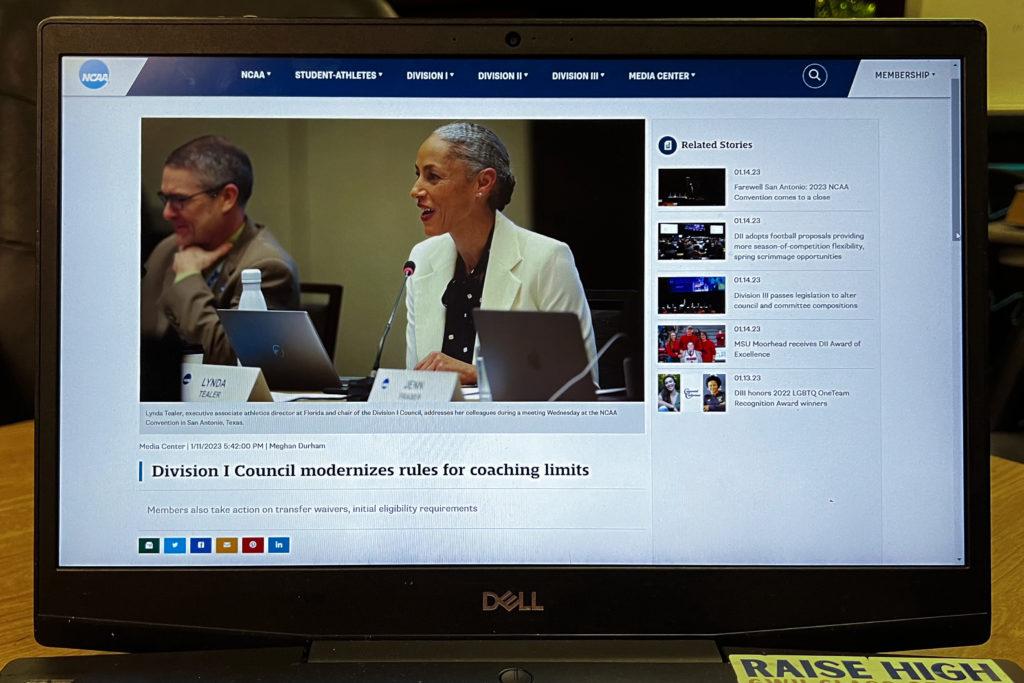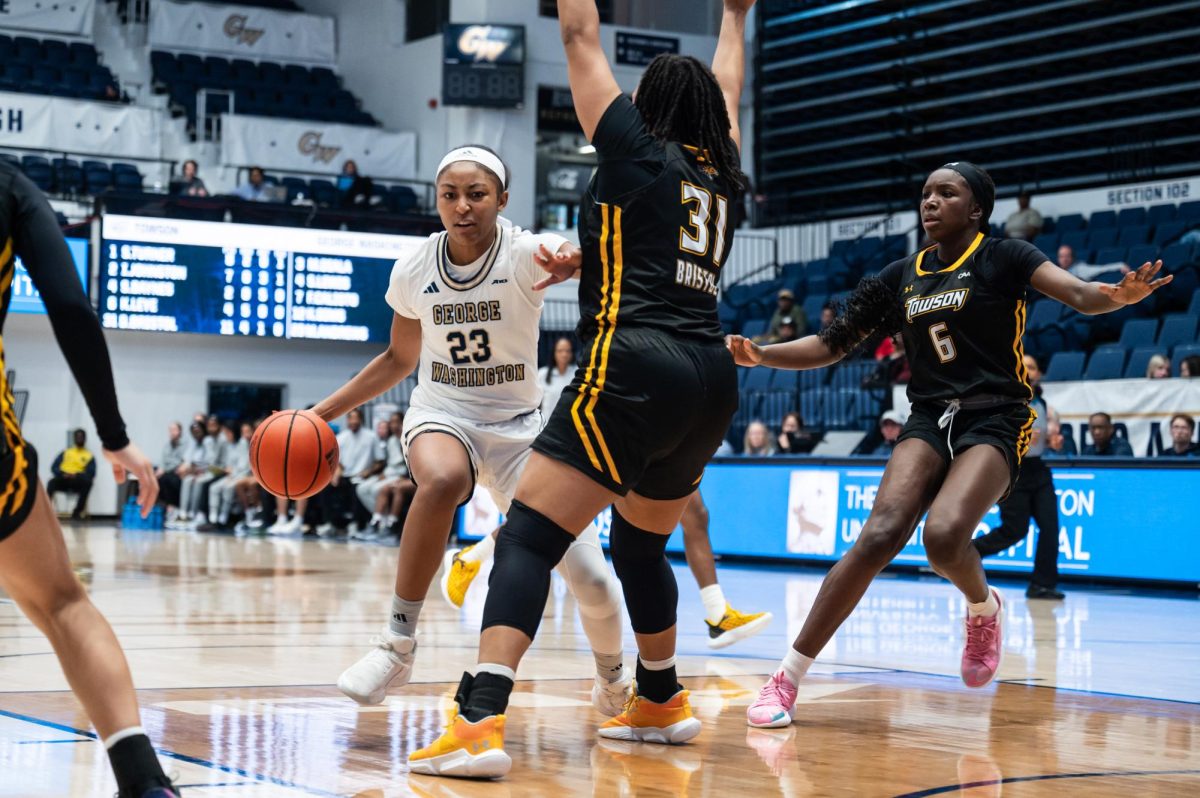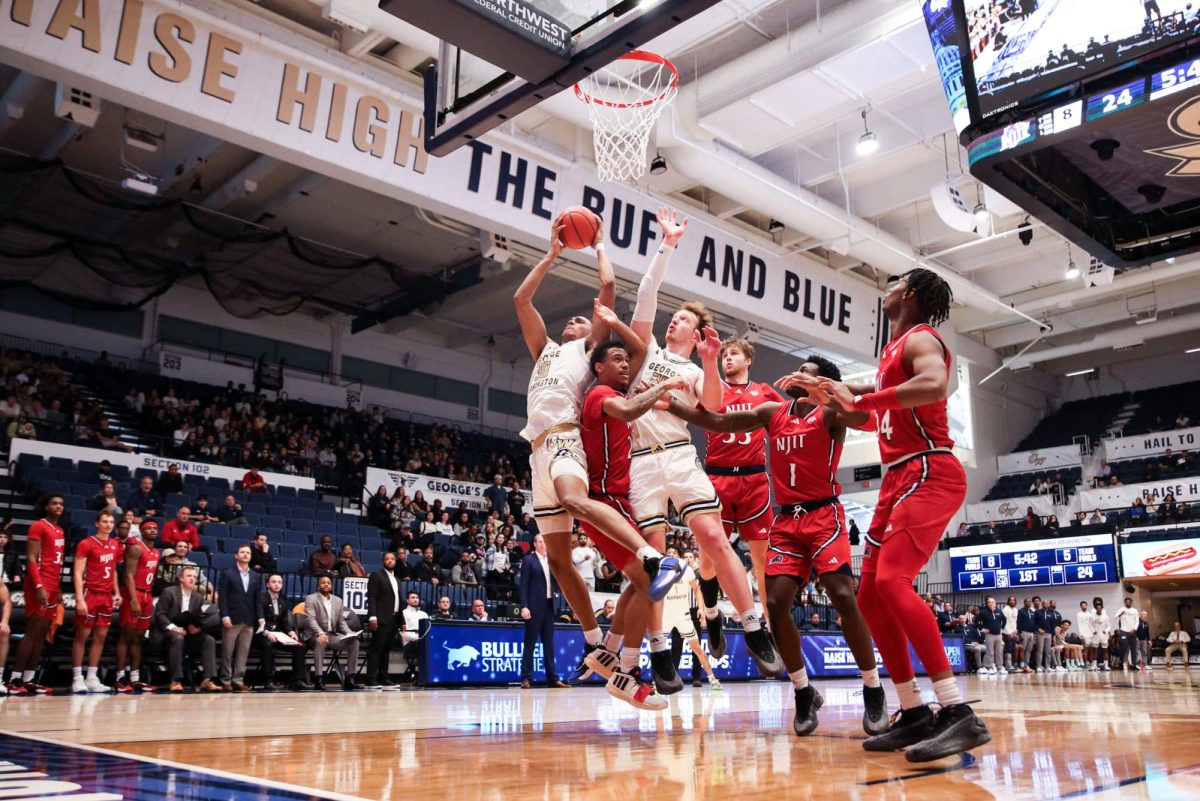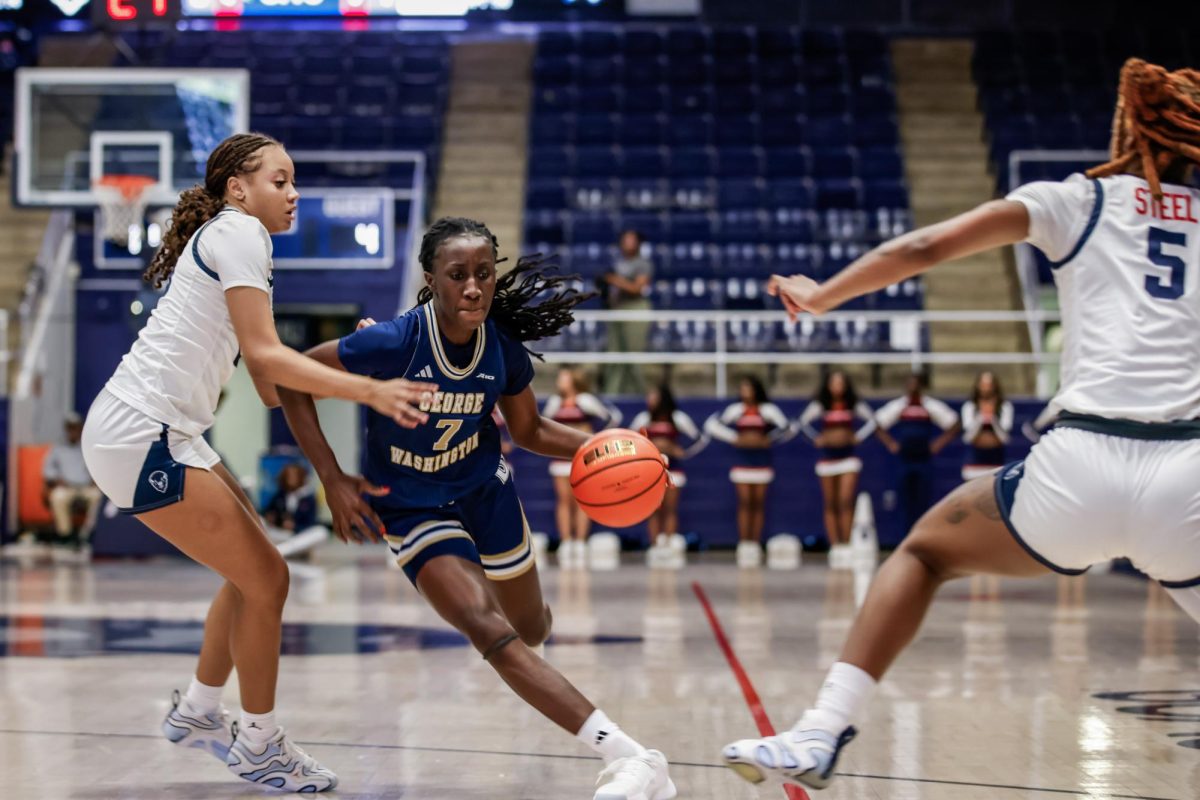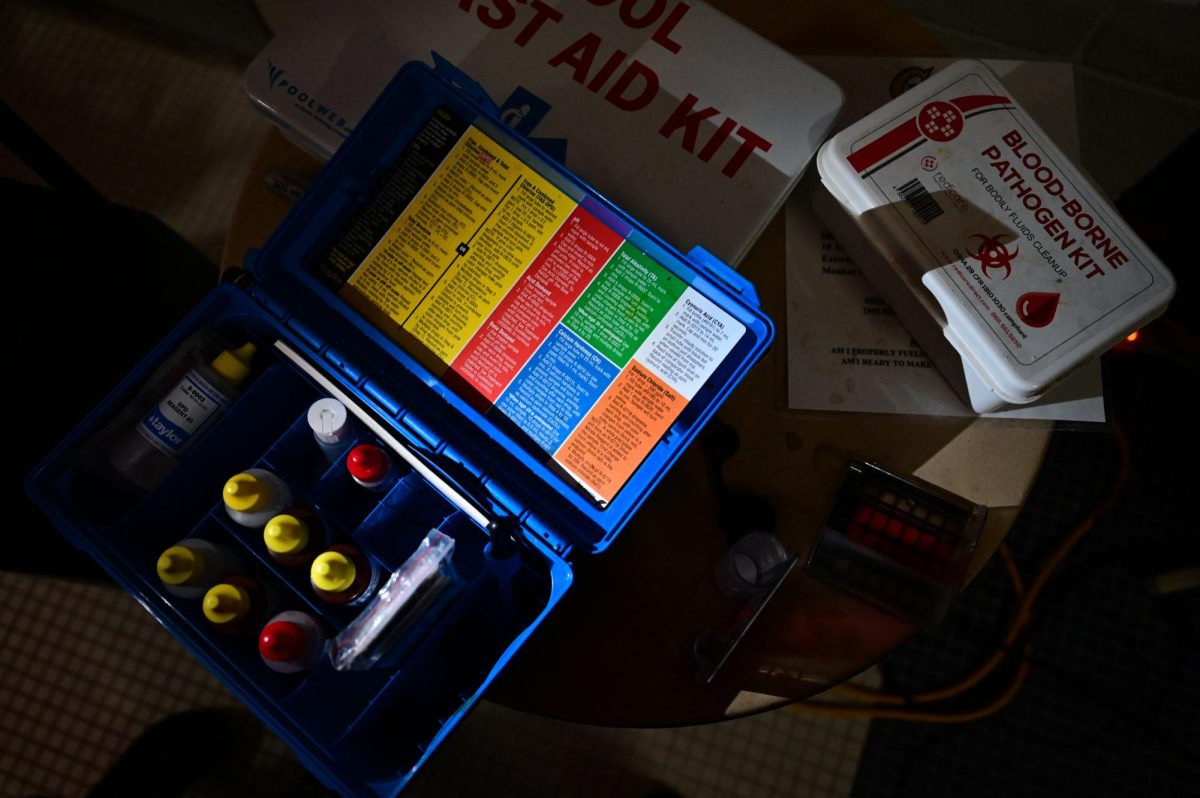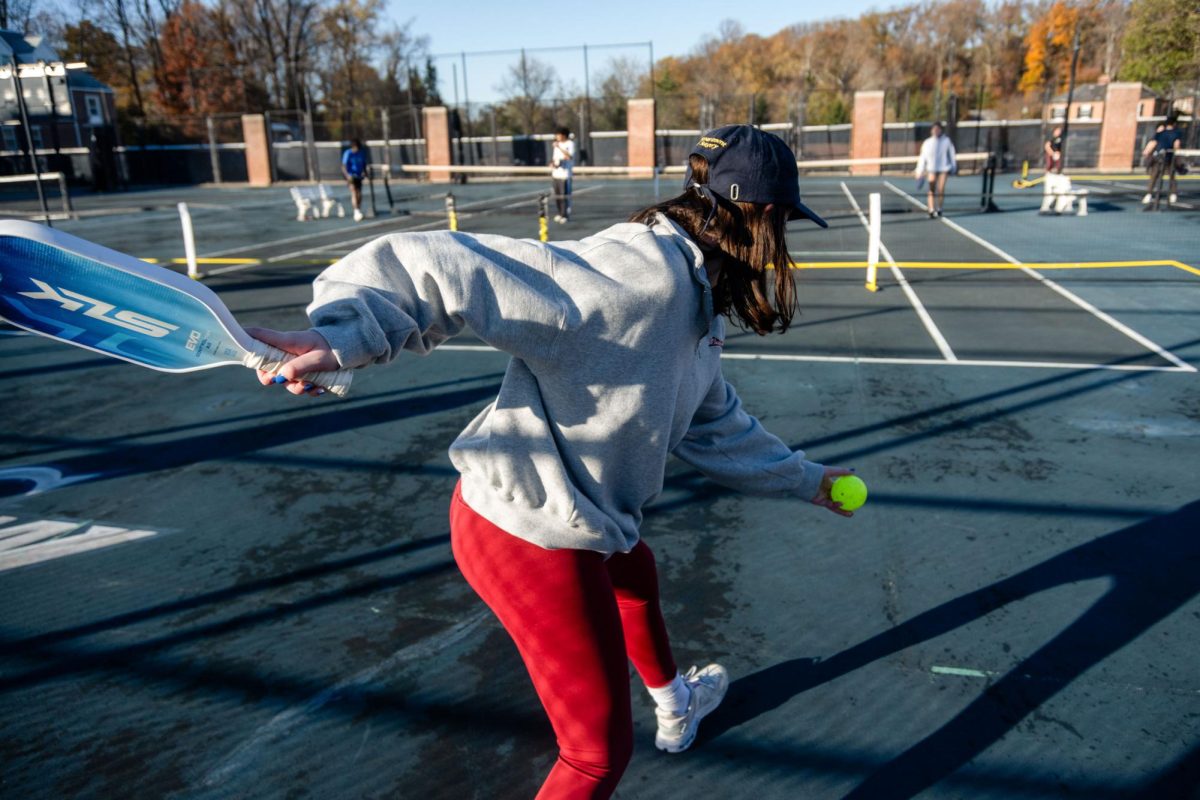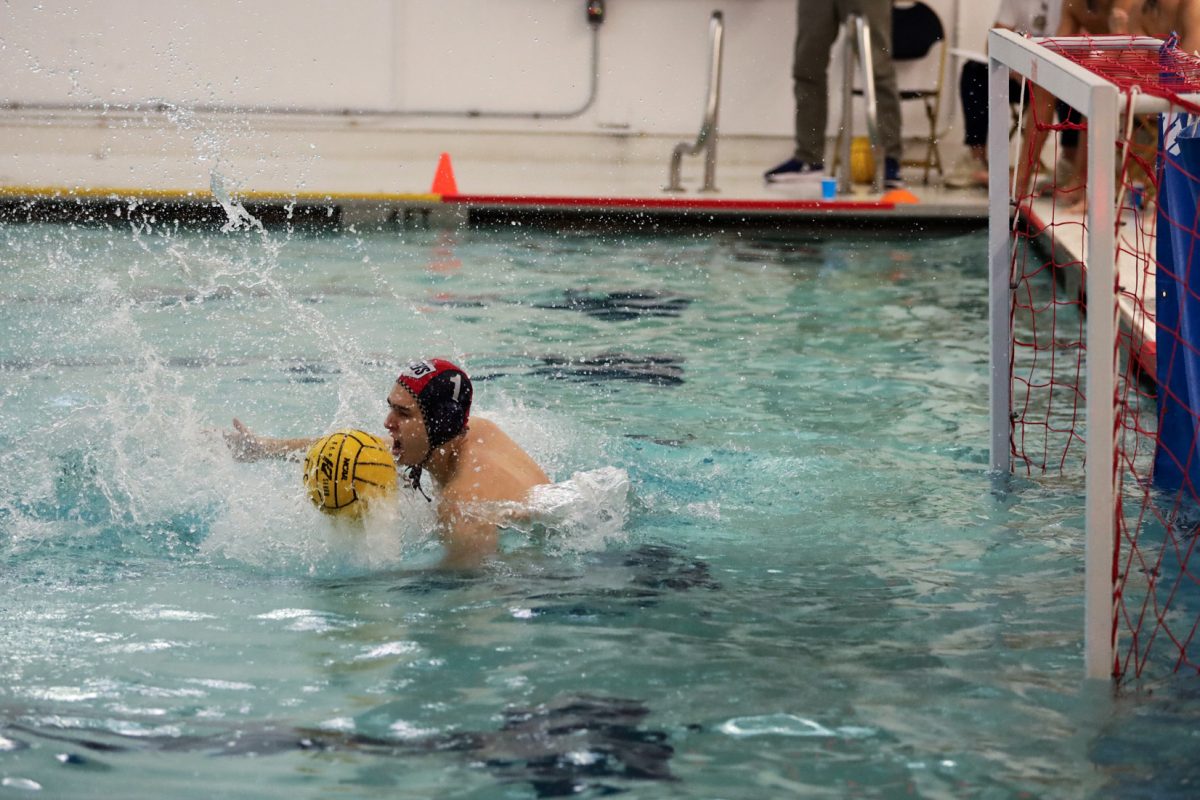The NCAA Division I Council approved legislation on Jan. 12 that looks to modernize coaching limits with modifications like waivers for second-time transfers, personnel rules across several sports and the elimination of standardized test scores for initial freshman eligibility.
The NCAA Council is responsible for the day-to-day operations of the organization and is made up of representatives from each conference, two student-athletes, two faculty athletic representatives and four conference commissioners. The new guidelines come after the 2023 NCAA Convention in San Antonio, where the council received the final report and recommendations from the Division I Transformation Committee to expand the post-season tournament.
“The Council’s actions today for coaching limits reflect the ongoing efforts within Division I to modernize NCAA rules,” Executive Associate Athletics Director at Florida and Chair of the Division I Council Lynda Tealer said in the press release. “These changes will ease the burden on campus compliance staffs and increase the number of coaches who can assist with recruiting activities.”
Coaching countable limits
The Council voted to terminate the voluntary coach designation in Division I to create a new limit for countable coaches in each applicable sport. This proposal will increase the number of countable coaches in baseball, softball and ice hockey to four total, but the council rejected the additional increase of five countable coaches in these sports.
The Council increased the number of additional coaches in men’s and women’s basketball that can engage in coaching activities but are not allowed to recruit off campus to two. The rule change also codified a waiver that allows noncoaching staff members to engage in skill instruction.
The Football Bowl Subdivision and Football Championship Subdivision football will now limit individuals serving as graduate assistants or graduate student coaches to serving a maximum of three years in that role.
The basketball program chose not to impose the current seven-year window for manager positions to increase the opportunity for former student-athletes to return to campus for degree completion and to develop as potential future coaches.
The press release said that in women’s basketball, the professional development of the manager position allows an opportunity to “increase the gender and racial diversity of coaching ranks long-term.”
The coaching limit rules will take effect on July 1.
Second-year Transfer Waivers
The Council unanimously voted to update the guidelines for waivers given to undergraduate student-athletes who transfer for a second time, and now waiver requests will be evaluated on a case-by-case basis but most complete the following criteria.
The student-athlete must demonstrate a physical injury, illness or mental health conditions that required the student’s transfer by providing supporting documents and care plans, and the proximity of the student’s support system will be considered.
The student-athlete must demonstrate exigent circumstances that necessitate their immediate departure from the previous school, like physical assault, abuse or sexual assault that is unrelated to the student-athletes athletics participation.
The guidelines will take effect for any waiver requests to compete during championship seasons that first occur in 2023-24.
Reasons like lack of playing time, position presence and academic presence will no longer warrant waiver relief. The Council also directed the Transfer Advisory Group to manage situations that do not fall under the guidelines.
Student-athletes are expected to meet the requirements for the limited transfer exception like discontinued sports or nonscholarship exceptions that will be allowed to enter the Transfer Portal at any time instead of requiring them to follow their respective sport’s transfer window.
Standardized Testing
The Council voted to eliminate testing score requirements for the immediate eligibility of freshman student-athletes, following a recommendation from the NCAA Standardized Test Scores Tasks Force – a specialized group that reviews initial eligibility requirements as part of the NCAA’s plan to advance racial equity.
“As some NCAA member schools shift away from requiring standardized test scores for general student admissions, the Council felt it was appropriate to reflect those admission standards in eligibility requirements for incoming freshman student-athletes,” Tealer said.
The NCAA Division I waived standardized requirements due to COVID-19 and its impact on the ability to take the tests in 2020.
Stunt
The Council referred a proposal to the Committee on Women’s Athletics that would add stunts to the Emerging Sports for Women program in Division I that requests an opportunity to conduct additional diligence.


